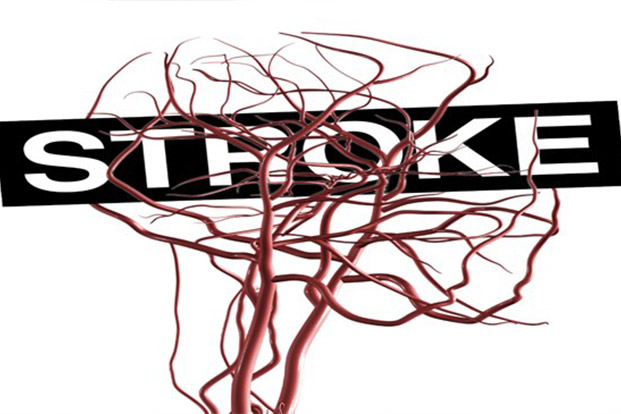Risk Factors for Stroke
Apr 19, 2022
Stroke or Brain Attack is the third most common cause of death after Heart disease and Cancer. But it is the most disabling illness. Stroke can occur at any age, but is more common as the age advances. The signs and symptoms of stroke usually develop quickly. Occasionally the progression may occur for hours to days. There are two types of stroke-Ischemic (80% blockage of artery) & haemorrhagic (20%- rupture of blood vessel).
The symptom complex depends upon the area of the brain that is involved. There may be sudden weakness or numbness of one half of body or problem in speaking or problem in vision. There may be imbalance while walking or a confusional state
The major risk factors of Stroke :
- High Blood pressure: Blood Pressure is the main risk factor. The blood pressure needs to be maintained below 130/80, with medicines, and life style modifications Uncontrolled high BP increases a persons’ risk of stroke by 4-6 times. Over time increased BP leads to hardening of arteries and may cause blockage of blood vessels and stroke. Extra vigilance is needed in the presence of diabetes or chronic kidney disease.
- Heart Disease: Coronary Heart disease (CAD), heart failure, atrial fibrillation, rheumatic heart disease etc may cause blood clots, that on reaching the brain lead to a stroke.
- Hyperlipidemia : High cholesterol and Triglycerides increase the risk of stroke.
- Smoking: Tobacco use and passive smoking can further accelerate atherosclerosis and rise in blood pressure. It increases the thickness of the blood; Smoking doubles the risk of stroke.

- Diabetes Mellitus– High blood sugar increases the risk of stroke by 2-4 times.
- Brain aneurysms or arteriovenous malformations– Aneurysms develop due to a sac like projection from a weak spot in an artery that can burst leading to brain haemorrhage. Arterio venous malformations are abnormal tangles of arteries and veins that can again rupture in the brain leading to brain haemorrhage
- Age is also a risk factor for stroke – Chance of having a stroke doubles every 10 yrs after the age of 55 yrs
- Family history – Family history of stroke increases the risk of stroke
- Having a Transient Ischemic Attack or stroke increases the risk
Other risk factors for Stroke
- Substance abuse eg alcohol, cocaine etc
- Auto immune diseases-vasculitis, chronic liver disease and bleeding disorders
- Obesity, Metabolic syndrome anaemia, high homocystine levels
- Stress and depression
- Sleep related problems- Obstructive sleep apnea
How to prevent Stroke?
Follow a healthy life style, remain physically active, consume a lot of fruits and vegetables. Be vigilant towards any risk factors and keep a good control. The more risk factors one has the more are the chances of having a stroke. Remember stroke is a very disabling illness.









